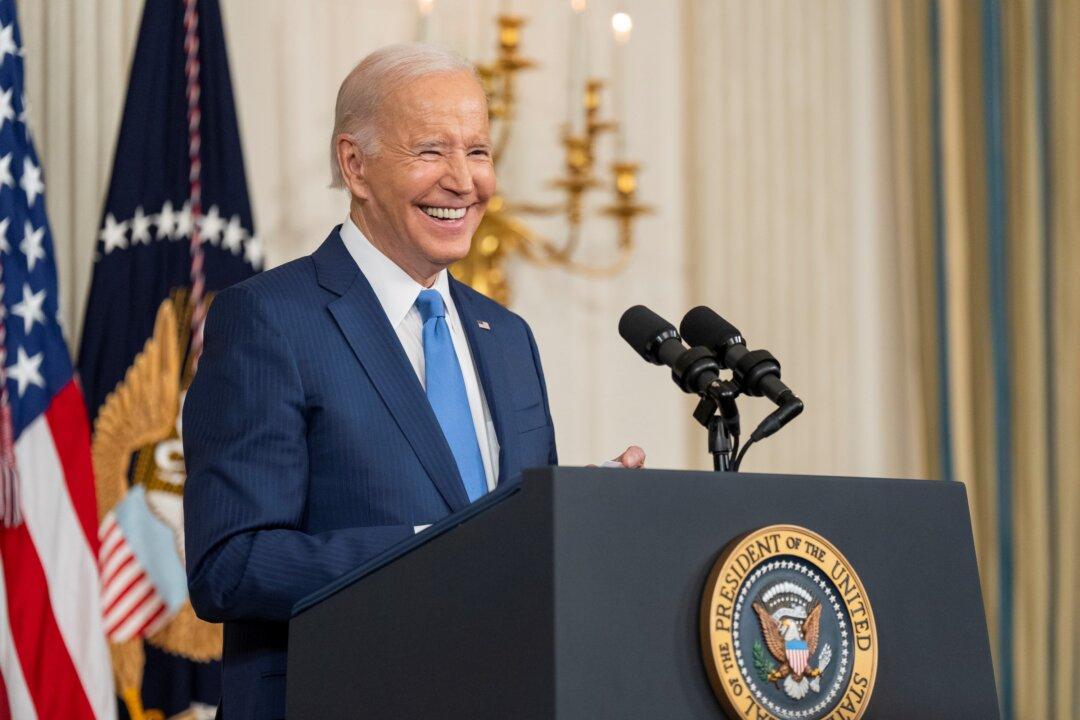Cigar diplomacy is back—and once again it is clouding the landscape for an American president.
As the Cold War raged in 1962, a trade embargo against Fidel Castro’s communist government in Cuba was an easy political call for John F. Kennedy. The president had a personal conflict-of-interest, however: JFK loved a good smoke. So he quietly secured 1,000 of his soon-to-be-contraband favorite, H. Upmann Petit Coronas, for his personal humidor before taking “necessary actions to promote national and hemispheric security.”






